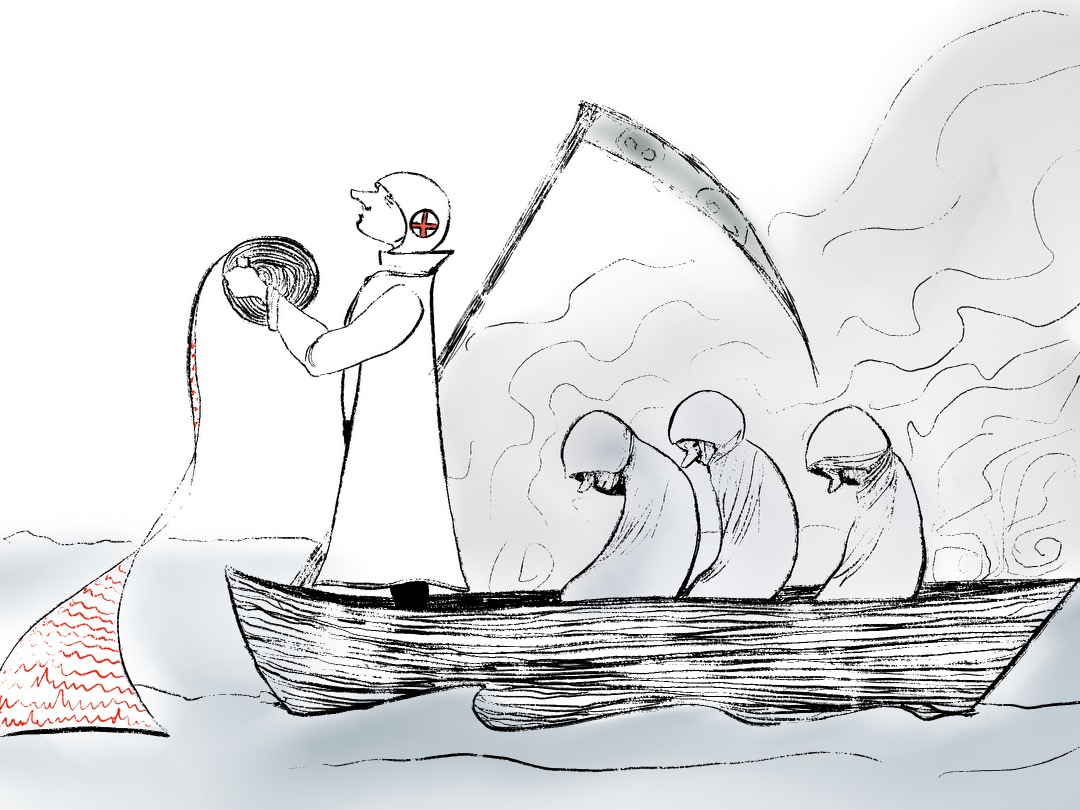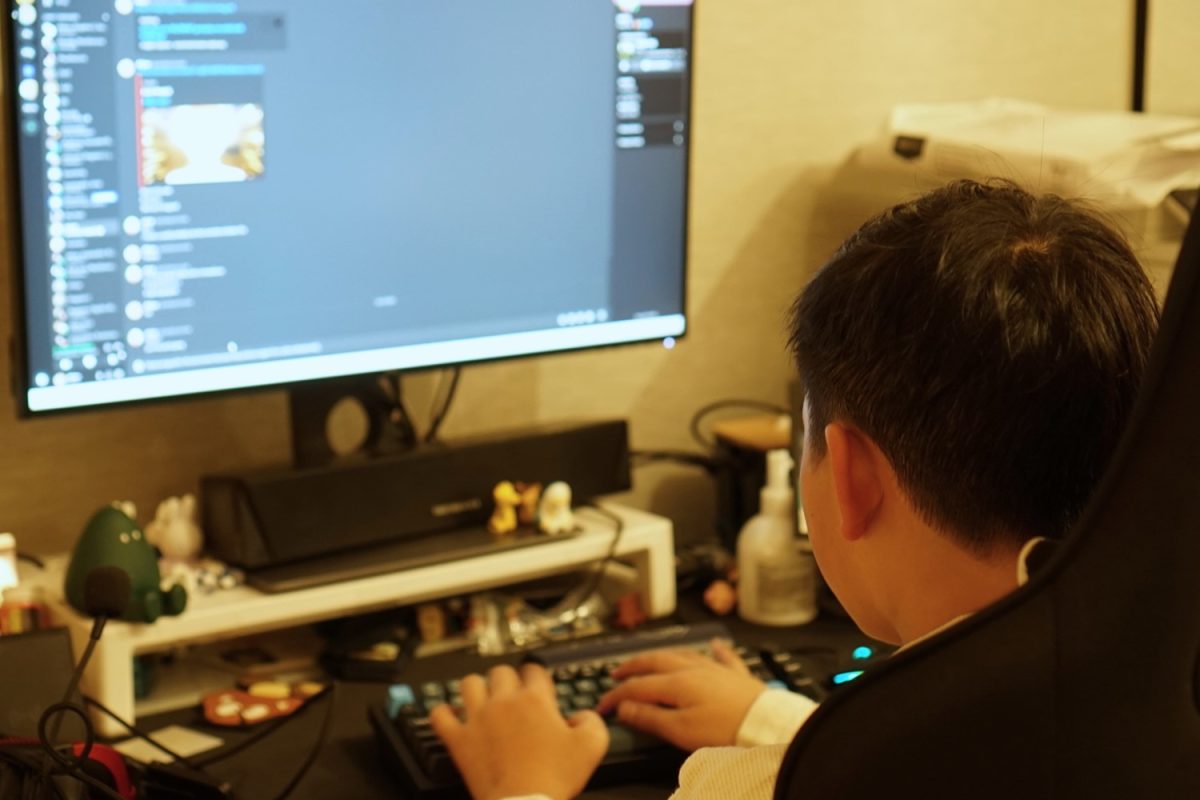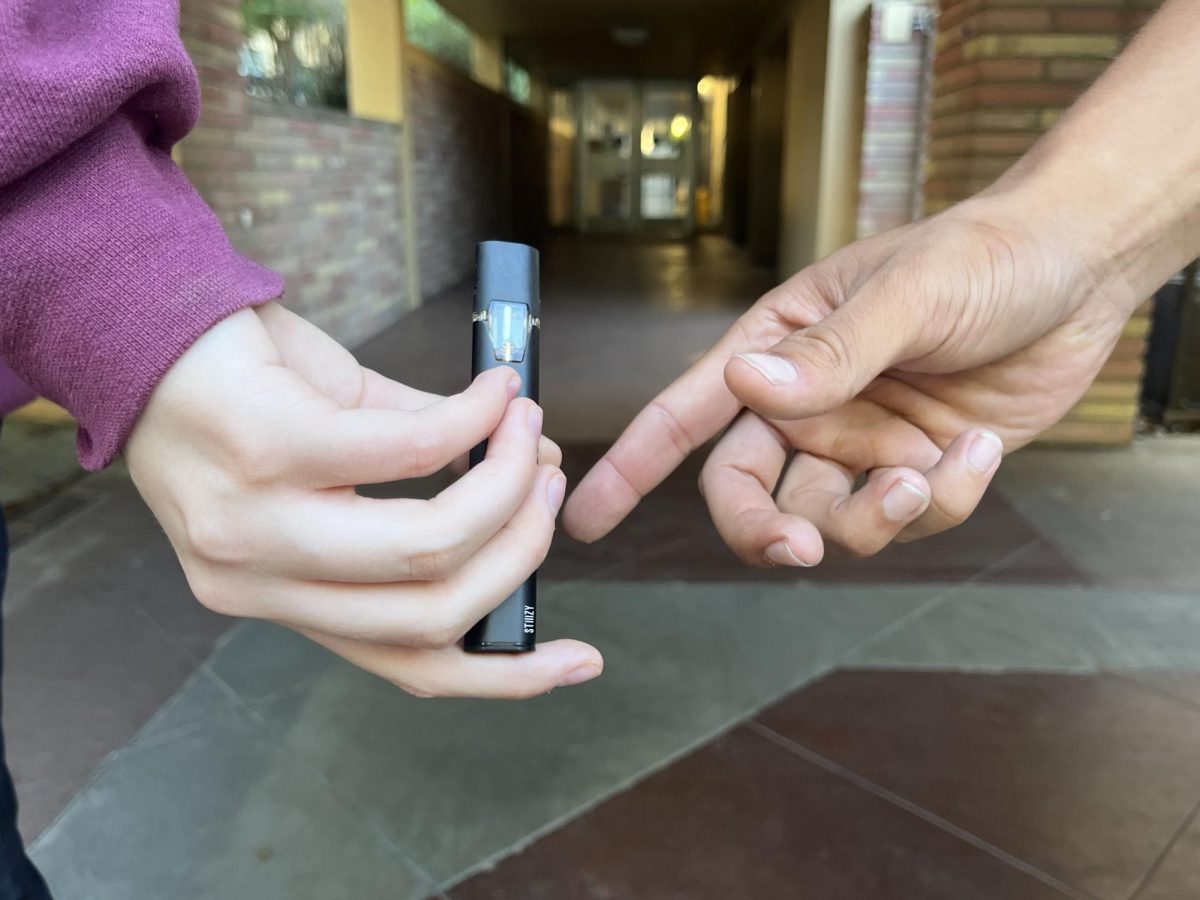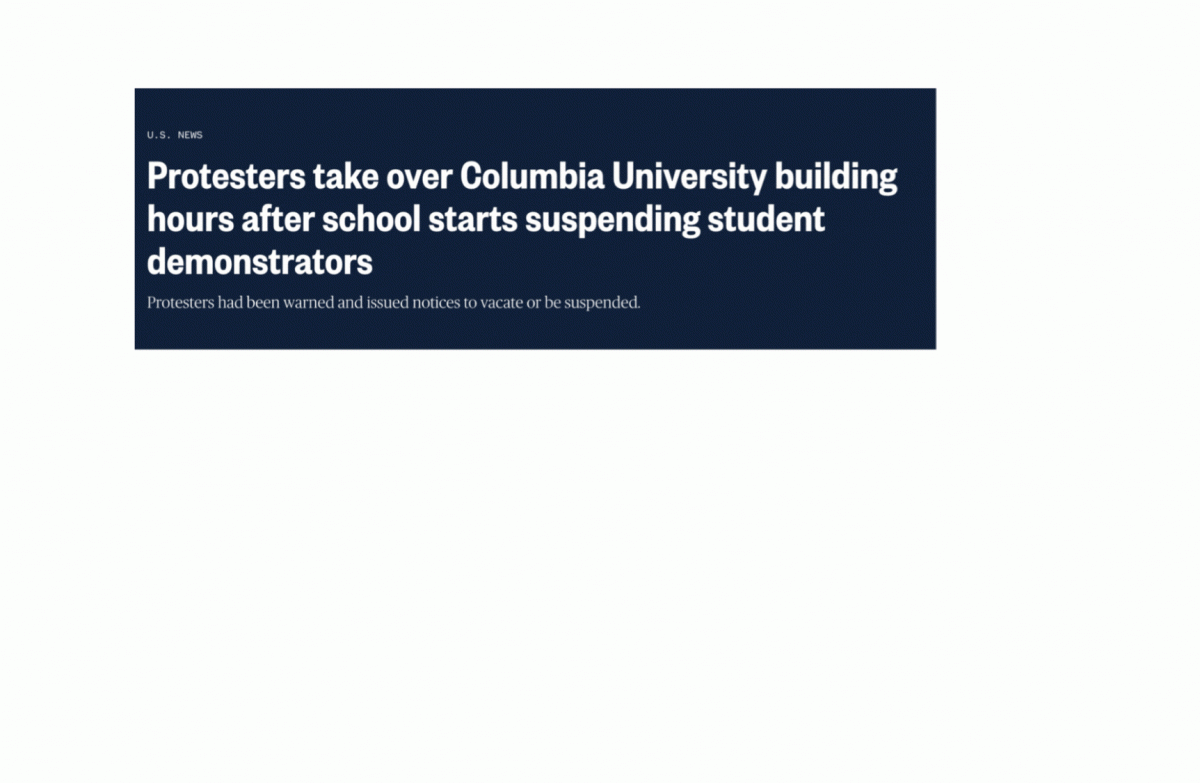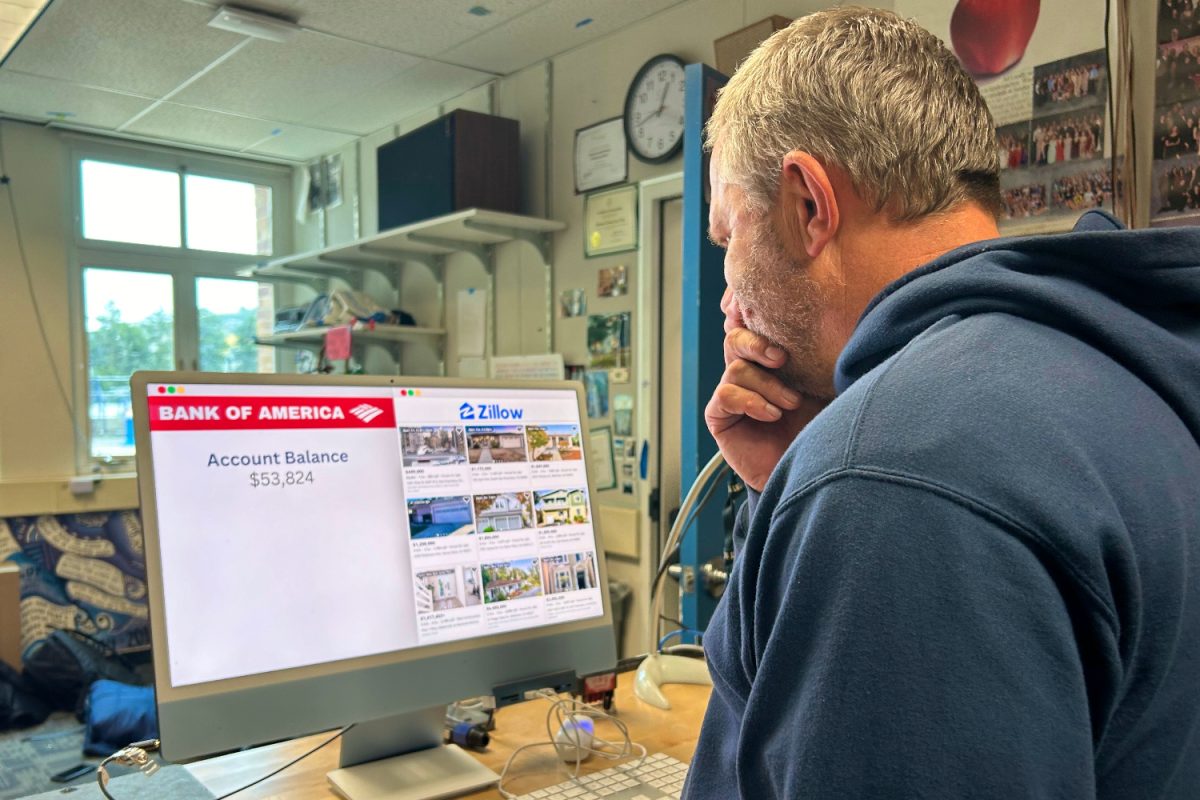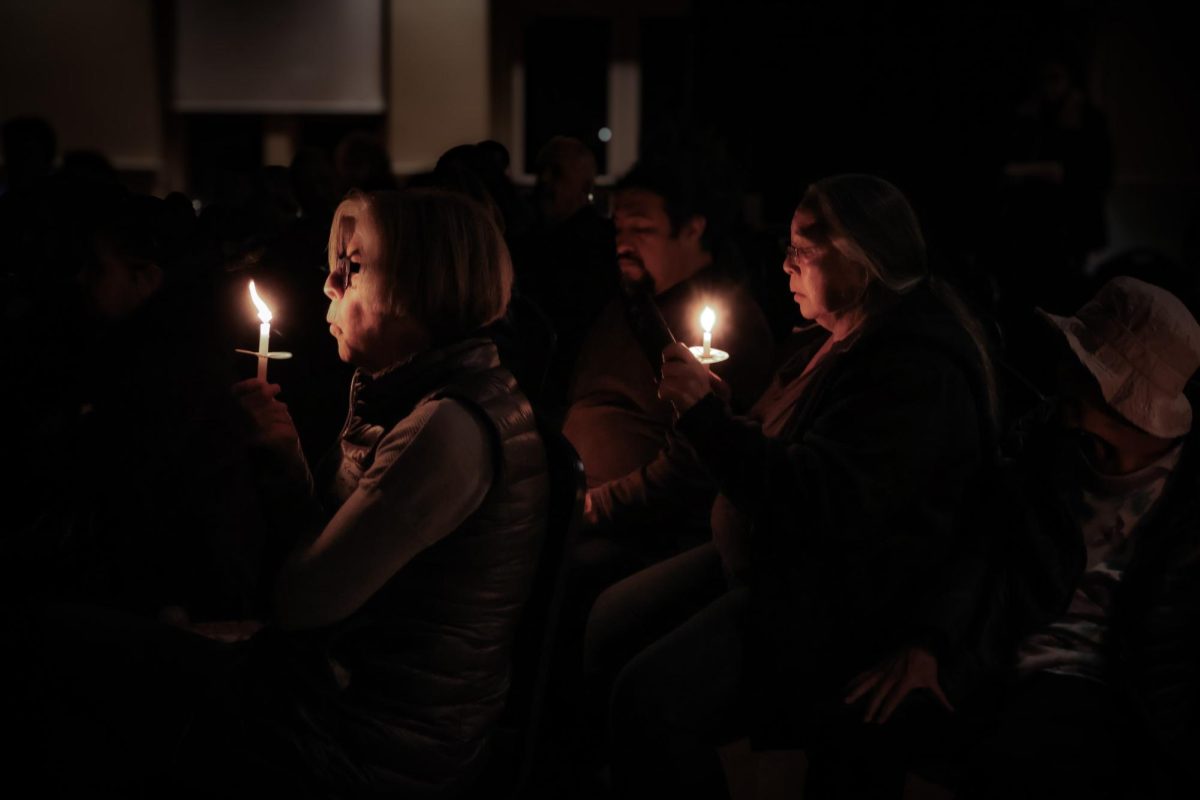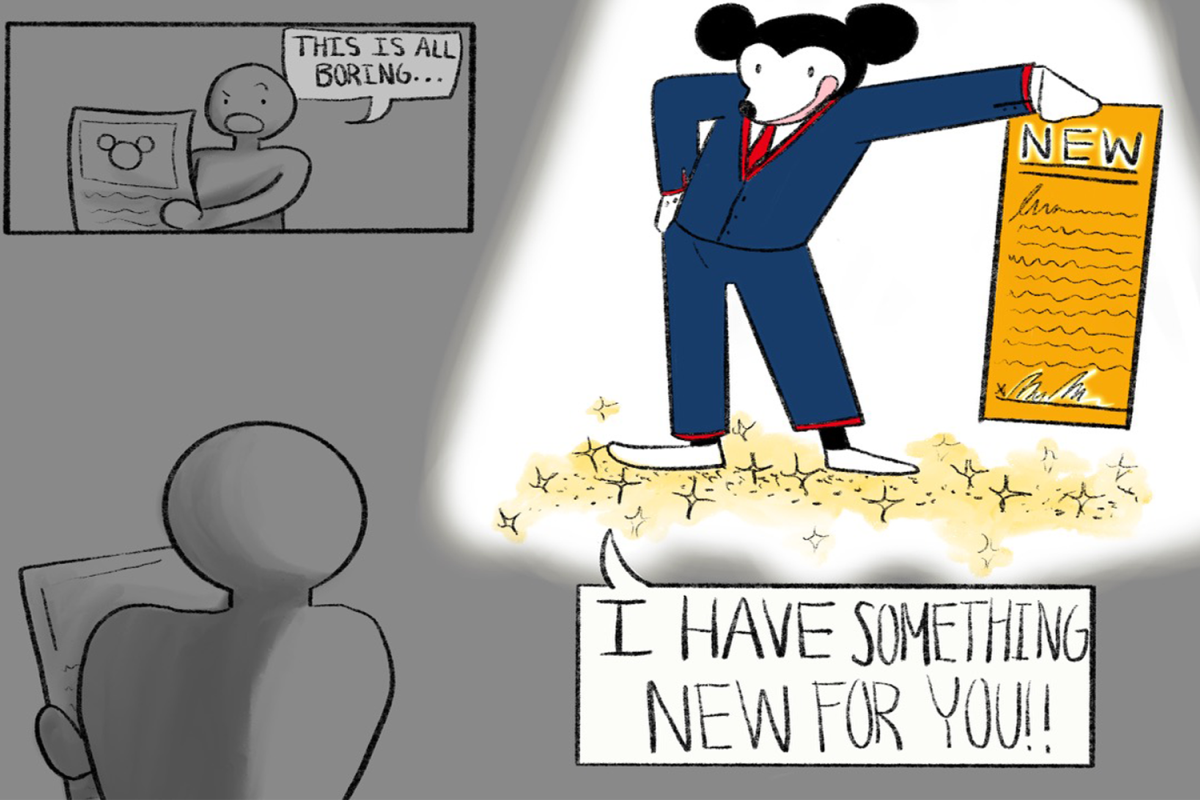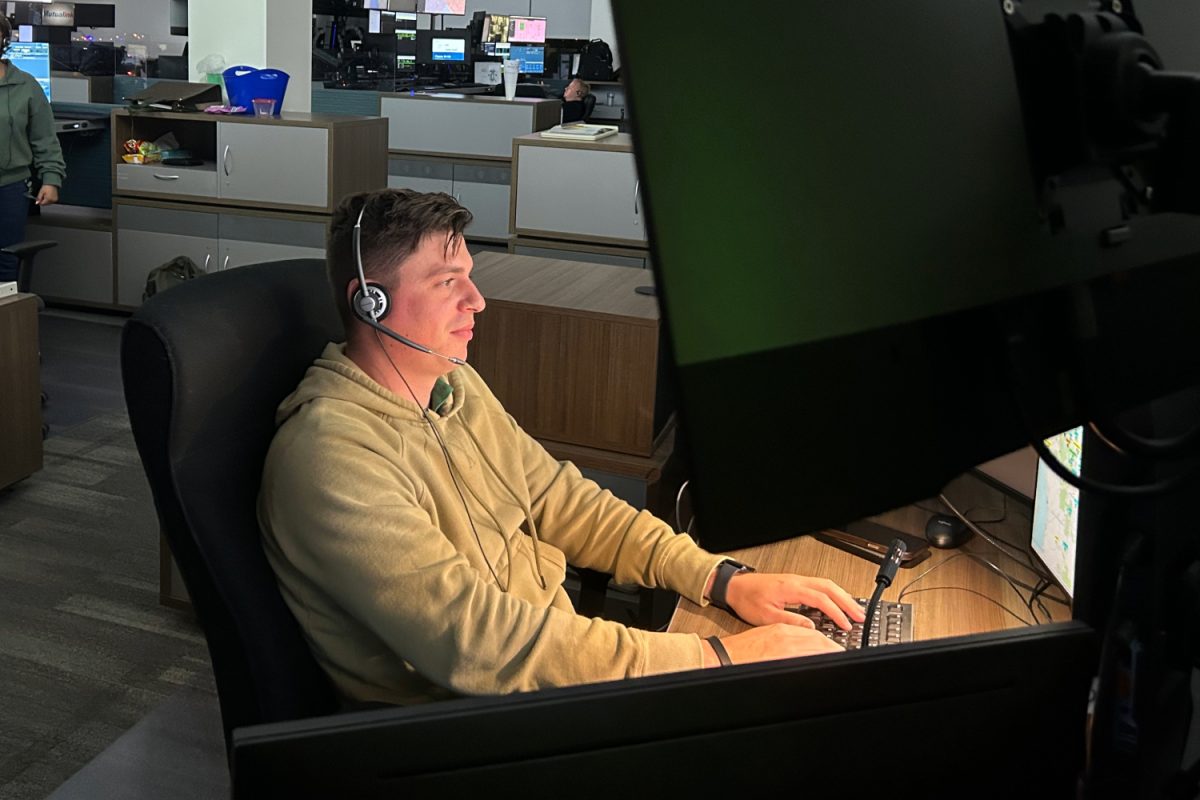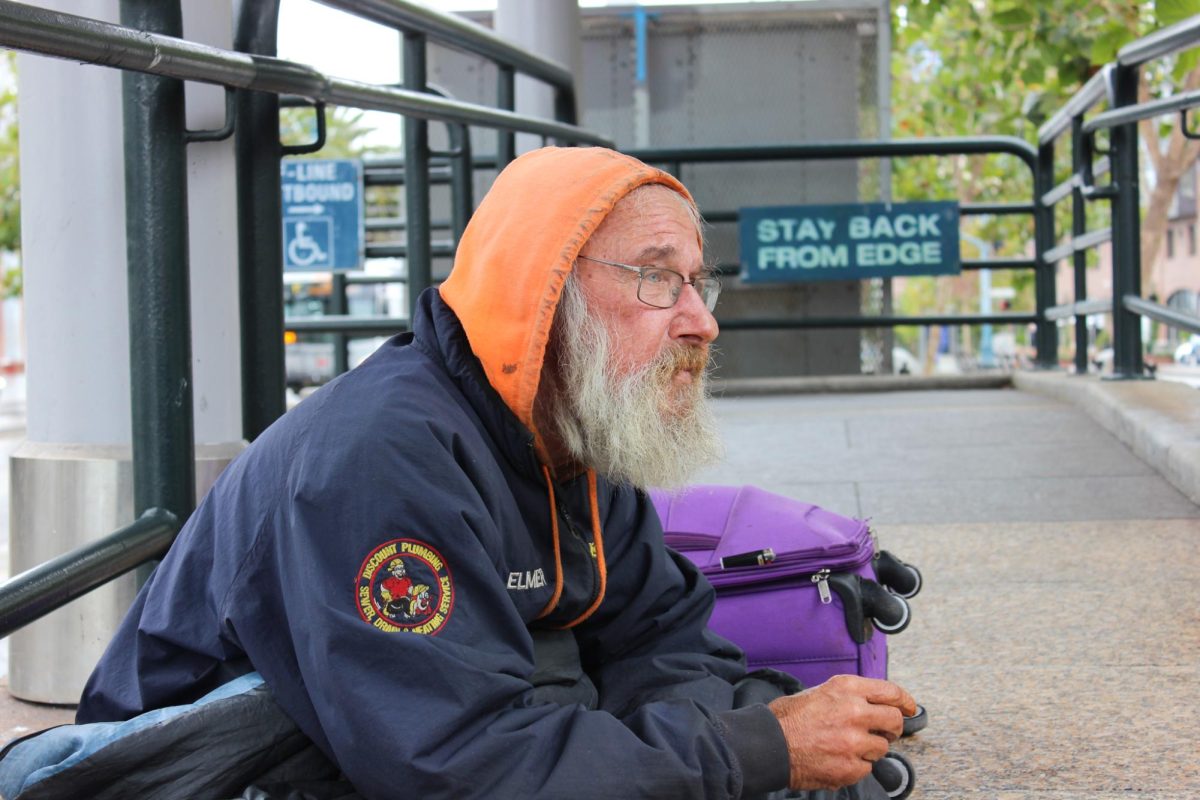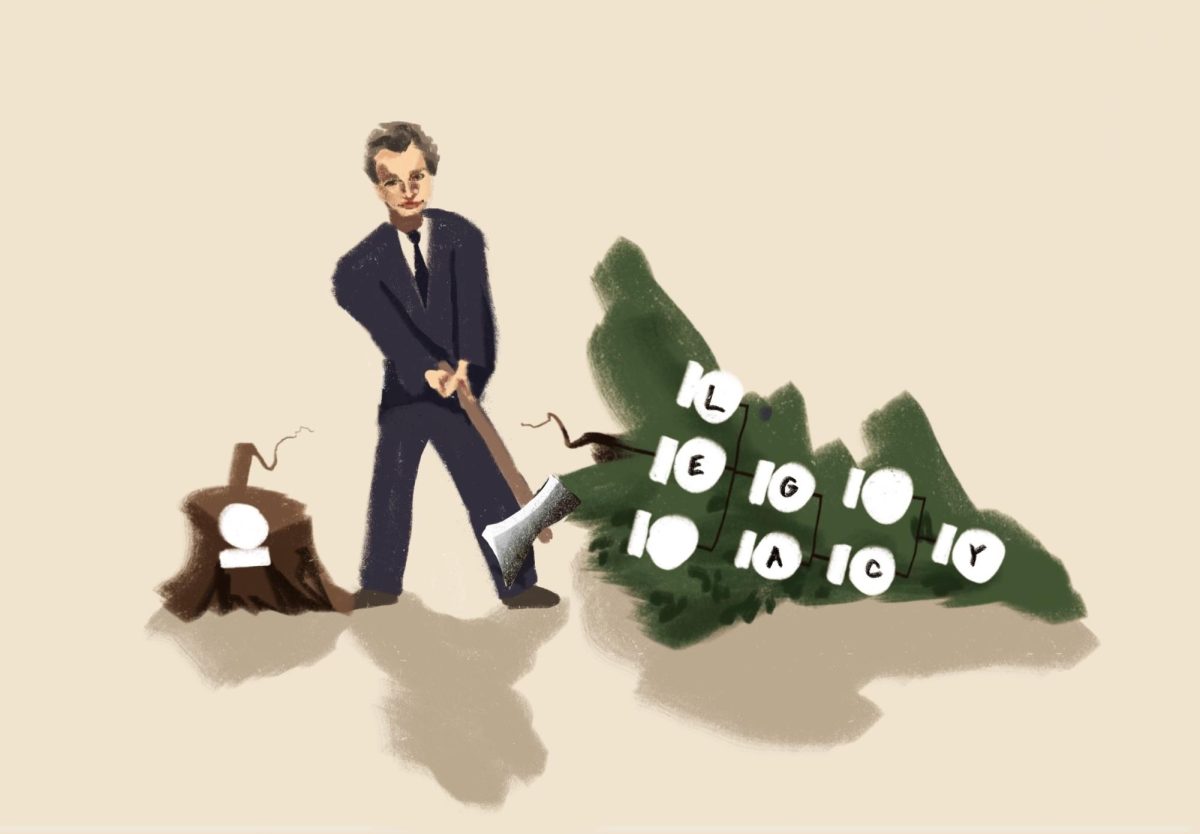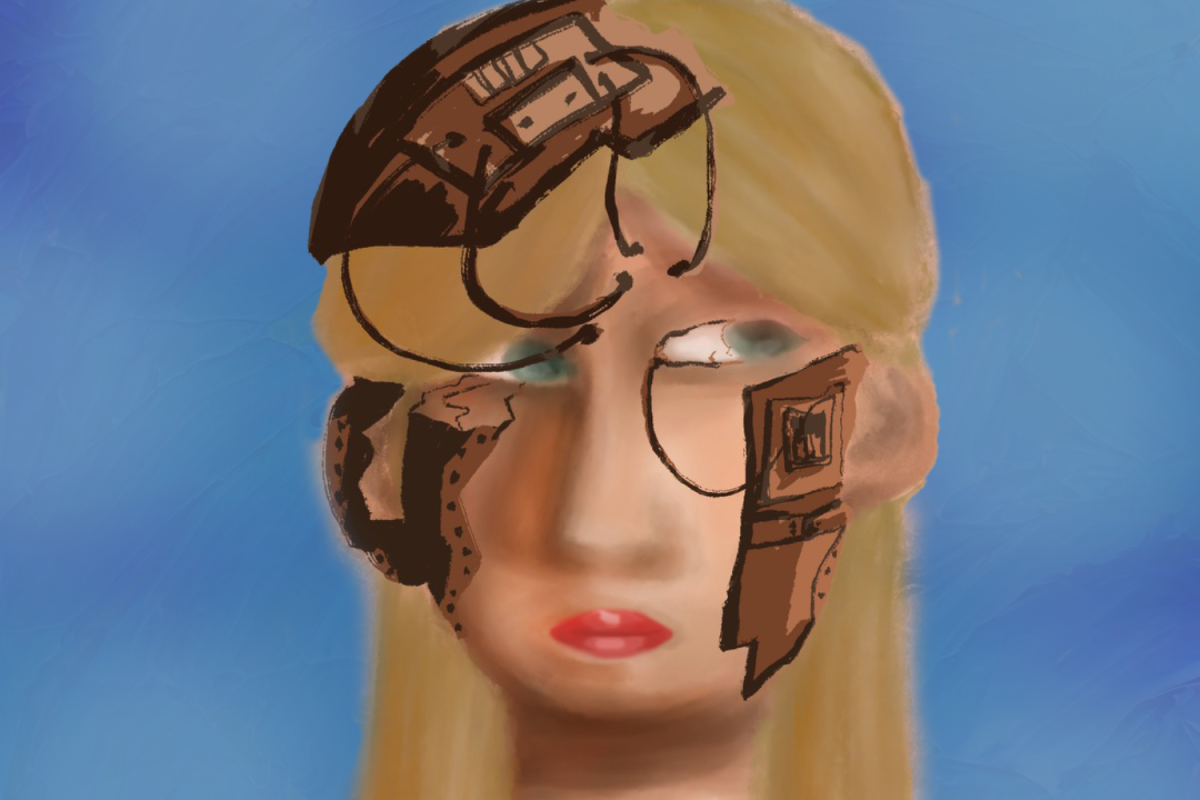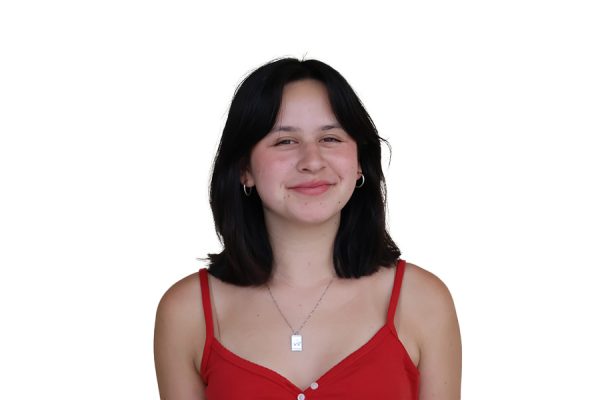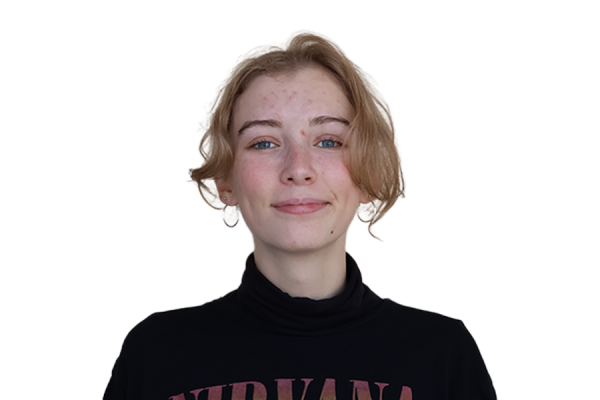In the quiet corridors of a hospital, among rooms bathed with fluorescent light and air filled with the aroma of antiseptic, lies a controversy that has survived since the origins of medicine.
Debates around physician-assisted death and euthanasia have circulated in the world of medicine dating back to Ancient Greece and Rome. In these arguments, physicians face a moral dilemma of choice: whether they should do everything in their power to save a patient’s life or let them die peacefully.
Along with medical principles, religious concepts have a historical significance in the controversy. Ancient texts such as the Bible and the Torah have particular beliefs surrounding life, and factoring them into the discussion complicates the situation.
Practical and ethical complications also become relevant in these situations. One of the most debated aspects of assisted death is the degree to which a physician is involved, with certain methods varying the doctor’s role. Whether the doctor prescribes medication to help the patient in dying or administers a lethal drug, the part of the physician is a critical factor in debates.
Ethical concerns arise because many believe medicine is meant to treat and heal. Helping someone die of their own volition goes against aspects of medicine; however, it also coincides with other principles like enabling patient autonomy.
Overall, the controversy has many religious, ethical, and practical complications and a deeper history. Both sides of the argument make valid points, and exploring each helps further our understanding of how society believes death should be handled.
Exploring Different Views
One of the more prominent sides of this argument is from a religious perspective. Across many monotheistic religions, there is a shared belief in the sanctity of life. Ancient texts generally argue that life is a gift from God, and because he is the giver of life, only he can be the taker.
“Life is precious from the moment of conception to its natural end. We are not the creators. We don’t have the ability or the capacity to create life. It should be left to God,” said Wilson A. Paculan, a priest at St. Joseph West Orange Church in New Jersey.
In both the Torah in Genesis 1:26-27 and the Bible in Romans 6:23, life is given by God, and to abuse his gift would be a direct violation of the principles of these religions. From this perspective, life and death are natural processes, and humans should not be able to control or alter them.
Despite this traditional perspective, there are more modern takes from religious officials today. While sacred texts and principles must be followed, religions today differ from those of the past, and they will evolve based on the people who follow them.
“Religions are a living, breathing thing; change is brought naturally because of what people do within the religion. Then the faith and the doctrine catch up with them,” said Rabbi Elana Zelony at Peninsula Sinai Congregation.
This view is centered around religious adaptation: keeping core principles while also considering modern society. Religions grow based on the people, and many people today are influenced by the world around them.
Similar to the adaptive religious mindset, doctors of today face ethical and moral complications around assisted death.
Ancient medicinal texts such as the Hippocratic Oath emphasize nonmaleficence, a principle that means do no harm. However, in the context of the modern world, the situation is more complicated.
“Our job in medicine is to, within the constraints of the law, figure out what we should do, to be able to do good and not to harm,” said Dr. Shelley R. Salpeter, a physician specializing in geriatric and palliative care at Mission Hospice.
From a doctor’s perspective, opinions vary based on identity. Some end-of-life care physicians believe they should keep a patient alive by all means necessary, while others want to meet patient needs beyond physical. A doctor may look past physical symptoms and other needs if a patient feels like their life no longer has meaning.
“It’s about the four quadrants of care: physical needs, spiritual needs, psychological needs, and social needs. We, as doctors, are thinking about how illness affects all of those things for patients,” said Dr. Kavitha Ramchandran, a physician specializing in medical oncology and palliative care at Stanford Cancer Center Palo Alto.
Comparably, evolving views in religion may look past ancient values to explore a current perspective on medical care today.
“There’s a difference between what the tradition says and what I’ve observed at the bedsides of people. Ultimately, I believe that God created humans with free will. People should be making decisions that feel right to them,” Zelony said.
Morality and Ethics
With this debate comes many ethical implications and a different approach from the moral standpoint of medicine.
According to a paper by SAGE Open Medicine, the most common principles of ethics across Eastern and Western cultures are divided into four main ideas: patient autonomy, doctor beneficence and nonmaleficence, and medical justice. The subjectiveness of these principles further complicates the discussion by introducing various arguments and interpretations of ethics.
Autonomy in medicine is the patient’s right to determine what kind of care they should receive. It is a physician’s job to protect this right, even once a patient cannot communicate according to the same medical paper by SAGE Open Medicine.
“Understanding who a patient is, what their wishes are, and why and how they want to do something are important parts of respecting their autonomy,” Ramchandran said.
With this right of choice, a patient should be able to choose end-of-life care options under certain circumstances. However, while autonomy must be respected, another ethical concern conflicts with it.
Nonmaleficence, a different ethical principle, means do no harm. Some physicians go into medicine to aid others or, by their standards, do good. When they are confronted with a situation where a patient asks for assisted death, the lines of morality are blurred.
“Physicians believe that they should be helping people in life. Whenever they start being involved, or actively involved in a patient’s death, it feels like a slippery slope, almost similar to killing them or murder,” Salpeter said.
Tying into nonmaleficence, beneficence in the context of medicine is a principle defining another kind of physician’s duty to their patients. According to an article written by Mawere Munyaradzi, with beneficence, doctors are expected to defend the patient’s best interest and prevent any injury or damage to them. Considering this in the context of assisted death, the doctor is put in a difficult situation.
“A doctor might feel like they went into medicine to make people feel better and to cure them, so helping them die doesn’t seem like their purview,” Ramchandran said.
A final factor to consider in medical ethics around assisted death is justice. This means ensuring equal distribution of medical resources and advocating for fair treatments for different patients.
However, equity may be a more suitable principle in that just because patients get the same services does not mean everyone is equal. Patients have different needs depending on financial, social, and physical circumstances, so the distribution of resources can only be equal when considering individual situations.
“The interesting thing about the law, the End of Life Option Act (EOLOA) or Medical Aid in Dying (MAID), is that it supports people who have privilege a little bit more than those who don’t. Many people who come from underrepresented communities or are underprivileged may not have resources and don’t even know the option exists, meaning they can’t ask for it,” Ramchandran said.
In a study conducted by the Veterans Affairs Medical Center, of the 61,063 enrollees admitted to hospice care, 22.6% transferred from home to another location, such as a nursing home or in-patient care. The transferred patients had lower average median household incomes and were less likely to receive continuous care.
While this is only one study, it represents larger implications for end-of-life healthcare. While laws such as EOLOA and MAID work toward providing patients autonomy, there is an imbalance in who is receiving this care.
“Yes, the law gives some patients autonomy, but not all,” Ramchandran said.
Going Forward
This controversy pushes others to contemplate personal views and identifies societal beliefs that remain prevalent today.
Physicians such as Dr. Ramchandran and Dr. Salpeter face these situations every day and are entrusted with the decision to look beyond society’s subjective values.
“I’m a medical oncologist and a palliative care doctor. As a palliative care doctor, I educate, and as an oncologist, I prescribe and facilitate getting medicine to people. By participating in this area of work, you have to be an educator and a facilitator,” Ramchandran said.
Both sides of the argument are complex; to fully understand them, people must view them from different perspectives. Whether this is in a religious, medicinal, or ethical context, all points of view must be considered to come to a conclusion.
Ultimately, it comes down to the patient and their life. In their final moments, a doctor’s goal is to preserve autonomy and welfare, regardless of religious or medical standards.
“Our traditions are in place to remind us of the sanctity of life as a guiding principle. This doesn’t mean that each situation is black and white. It’s a good reminder and guide, but it has to be interpreted like any complex issue,” Zelony said.


